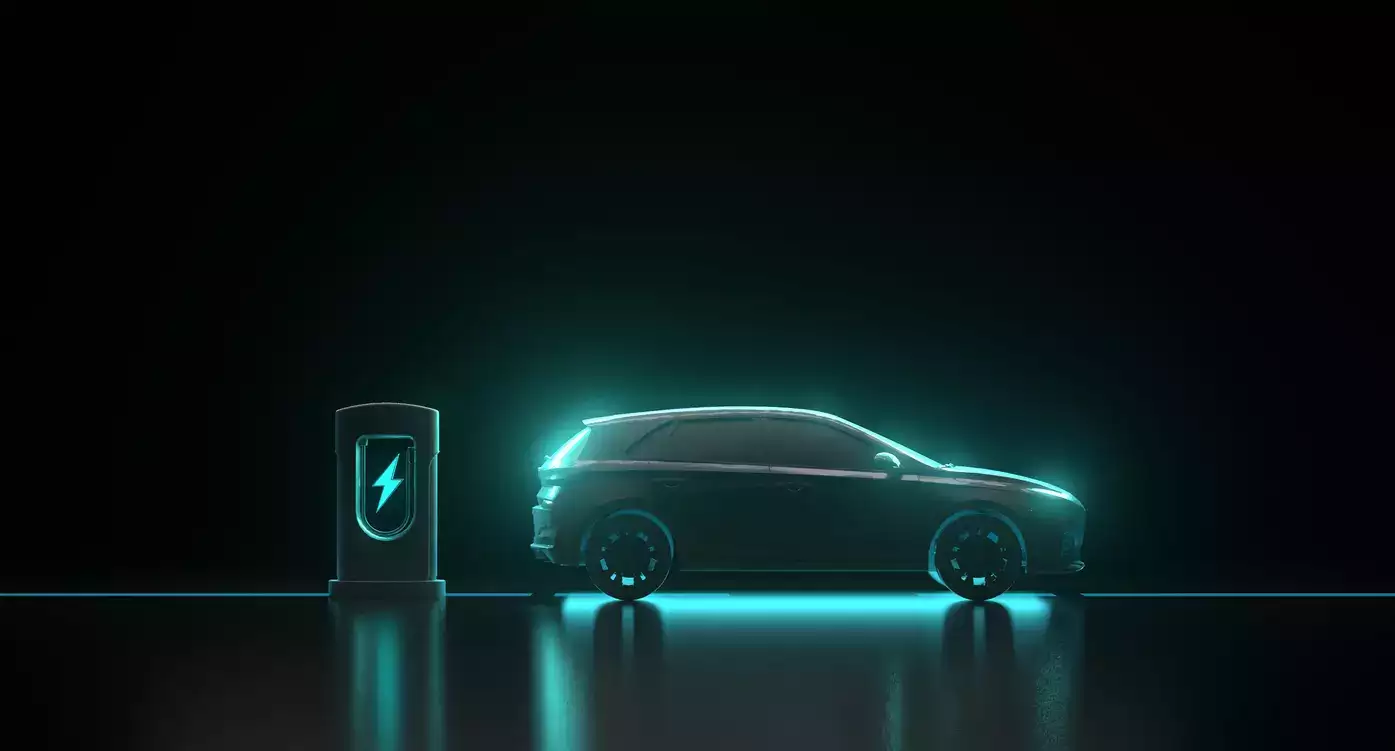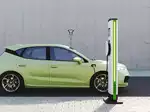Luxury brand LVMH gets caught up in an EVs-vs-booze battle

The European Union last month decided to increase tariffs on Chinese-built electric vehicles to as much as 45.3% in its highest-profile trade investigation, a move that has divided Europe and triggered retaliation from Beijing. The tariffs, which became effective on Oct. 30, were imposed to counter what it says are unfair subsidies including preferential financing and grants as well as land, batteries and raw materials at below market prices.
The EU Commission said on Monday it had formally brought the provisional anti-dumping measures imposed by China on imports of EU brandy to the World Trade Organization (WTO), the latest development amid the trade war between EU and China.
Low spirits in French brandy sector
Last month, when the Chinese government said it would impose temporary penalties on brandy from Europe, the action triggered an immediate slump in the stocks of big European brandy makers like LVMH, the corporate parent of Moët Hennessy, whose shares fell nearly 4%.
The Chinese government said that brandy importers would temporarily be required to post deposits of up to 39% on the wholesale value of shipments to China. The deposits would then be forfeited and become tariffs if China eventually makes the measures permanent. The ministry accused European brandy producers of hurting Chinese producers by dumping brandy at unfairly low prices in the Chinese market. China's action against European brandy came within days of EU member countries voting to proceed with anti-subsidy tariffs on electric cars from China.
France had led the push over the past year for the tariffs on Chinese EVs, and almost all the brandy imports penalized by China come from France. French President Emmanuel Macron previously called China's brandy probe "pure retaliation".
China is the second-largest export market for cognac after the United States and the industry's most profitable. French brandy shipments to China reached $1.7 billion last year and made up 99% of China's imports of the drink. Meanwhile, Hennessy is exploring options to bottle cognac in China, which prompted hundreds of workers at its plant in southwestern France to go on strike last week, while Remy said it would raise prices in China and could cut costs in areas like manufacturing and ad spending.
France refuses to lift its support for EV tariffs to reduce pressure on its cognac sector, say Elysee officials and industry members. Paris says the two issues are unrelated and that Beijing's measures on cognac were political and retaliatory. China is the second-largest export market for cognac after the United States and the industry's most profitable. Unions representing the sector are worried other producers could also move bottling operations to China.
LVMH, the world's biggest luxury group, has played down short-term impact of China brandy measures. The Hennessy owner has said demand for Cognac in China had been “weak”. It reported a 3% decline in third-quarter sales. This is the first decline in quarterly sales since the pandemic. The drop in demand from China and Japan contributed significantly to this decrease.
A post-pandemic spending spree in China lost momentum last year, and property crisis has weighed on shoppers' confidence. Hopes that government stimulus measures could quickly reignite enthusiasm for high-end merchandise have yet to be fulfilled.
China's tit-for-tat war with EU
Trade tensions have been building rapidly between Europe and China this year. European nations have objected to China's tilt toward Russia during the war in Ukraine and have expressed concern about their wide trade deficits with China. Five EU countries, including Germany and Hungary, voted against the electric vehicle tariffs, with some expressing concern that the tariffs would lead to retaliatory actions.
China's Ministry of Commerce had earlier said that it was mulling whether to impose tariffs on European pork and dairy products, as well as gasoline-powered cars with large engines. Such taxes could hurt big pork exporters like Spain and the Netherlands, as well as Ireland, a leading dairy exporter. The car tariffs could hit Germany, which was outvoted when it opposed the EU's electric car tariffs.
China in July named Danish Crown A/S, as well as Dutch and Spanish pork firms as targets in an anti-dumping probe into European Union pork imports, as Beijing stepped up pressure against the bloc's curbs on its electric vehicle exports. The world's biggest pork consumer opened the investigation after the EU imposed provisional duties of up to 37.6% on Chinese-made electric vehicles. The measures could badly impact Europe because a large portion of the bloc's pork shipments to China are pig ears, noses, feet and offal that are only rarely consumed by Europeans.
China's tit-for-tat probe appeared mainly aimed at Spain, the Netherlands and Denmark, which analysts said were seen as supportive of the EV tariffs.
Despite the tariffs on Chinese EVs coming into force, both sides have continued negotiations to find a solution, fuelling hopes primarily among German carmakers -- which heavily depend on the Chinese market -- that a trade dispute can be averted.
Last week, the chair of the trade committee of the European Parliament told a German broadcaster that Brussels and Beijing are nearing a solution over tariffs on Chinese electric vehicle imports into the bloc. "We are close to an agreement: China could commit to offering e-cars in the EU at a minimum price," Bernd Lange told n-tv, without elaborating. "This would eliminate the distortion of competition through unfair subsidies, which is why the tariffs were originally introduced."
(With inputs from agencies)

